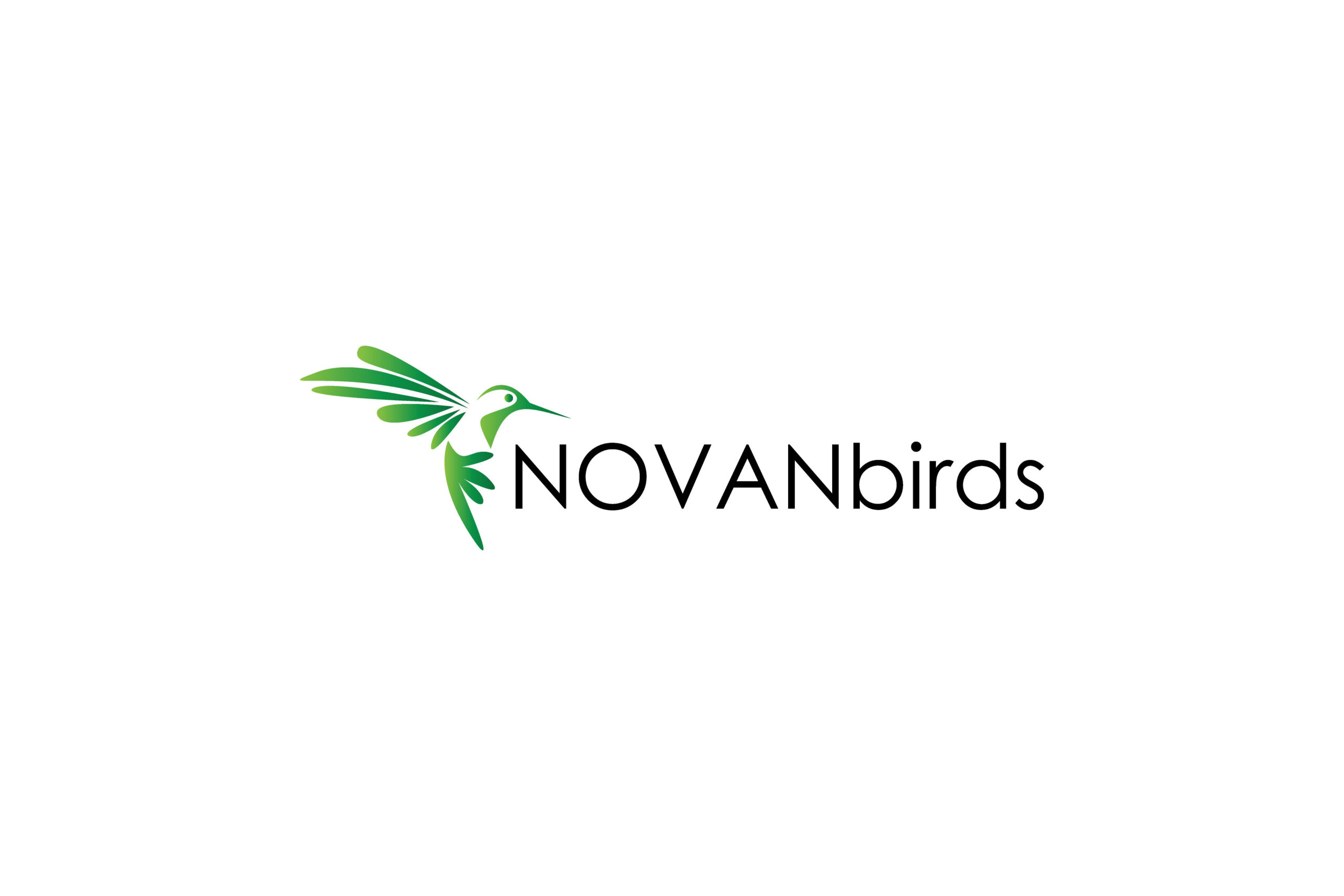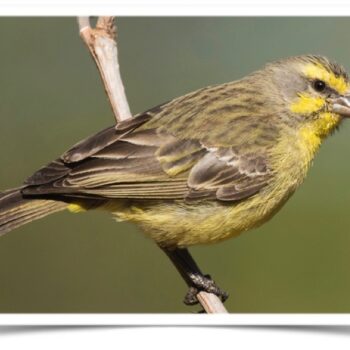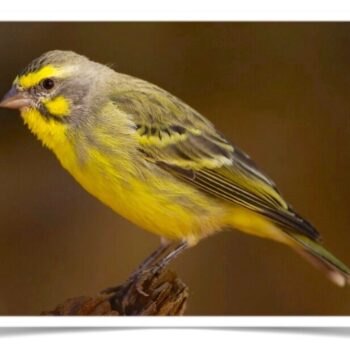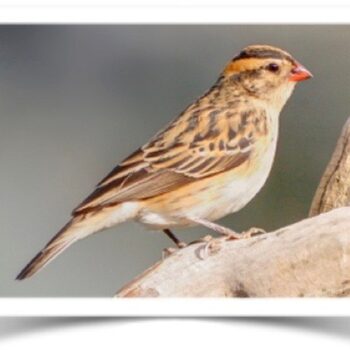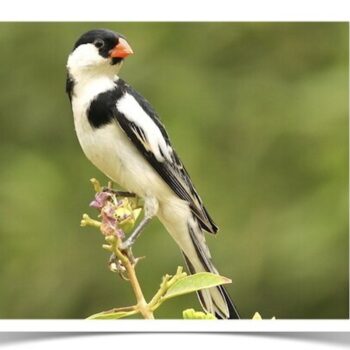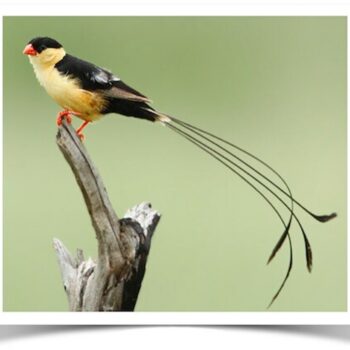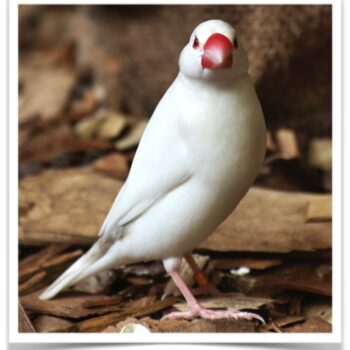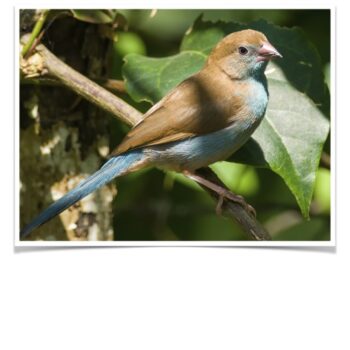Our Chestnut Breasted Mannikins for sale (Lonchura castaneothorax) are domestically raised. This highly sociable finch, also known as the chestnut-breasted munia or bully bird (in Australia), is a small brown-backed munia with a black face and greyish crown and nape. The species has a total of six subspecies and seven forms and natural habitats include reed beeds, swamps, grassy country and mangroves, also found in cane fields and cereal crops. During the breeding season chestnut-breasted mannikins are mostly seen in pairs, but in late autumn and winter months it congregates in large flocks, at times eating seeds of cereal crops.
Geography: Australia, New Caledonia, Indonesia, and Papua New Guinea. This species has also been introduced to French Polynesia and France.
Song / Call: Click to hear the Chesnut-Breasted Mannikin
Size / Weight: (4.3-4.7″)
Lifespan: 8 years
Sexing: Monomorphic (visually difficult to sex.)
DNA Testing
If there is no gender option listed for a bird on our website, that particular species is ‘monomorphic’, which means we’re unable to determine gender without purchasing DNA testing. DNA testing is an additional $149 per bird to guarantee preferred gender. DNA testing may add an additional 3-6 plus weeks to estimated delivery time to allow for gender results. See our FAQs for more info.
Temperament: The Chestnut-Breasted Mannikin is a highly sociable species, flocking in large number outside the breeding season. Breeding birds will join groups or flocks when foraging. These birds are generally docile and can usually be kept with other birds within this tier. As always, observe the birds to make sure they are getting along.
Breeding: They can be easily bred in cages or aviaries, and these finches form fairly strong pair bonds and if you split a pair up and they are still within hearing range, you’ll hear them calling for each other for the first few days. t is far more easy to breed Chestnut Breasted Finches than the more common Spice Finch because they are all descended from captive bred birds and that no recent wild caught Chestnut Breasted Finches have been available for many decades.
Diet: Classic Finch Seed, Australian Blend Goldenfeast, Mineral Grit, Dried Egg Food, Cuttlefish Bone, Millet. Partial to Barley seed and wild sugar cane.
